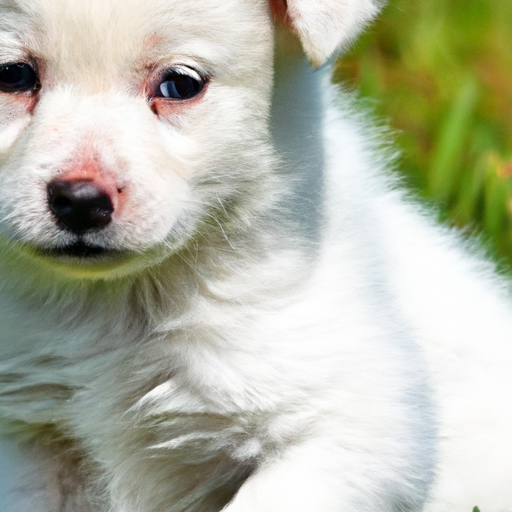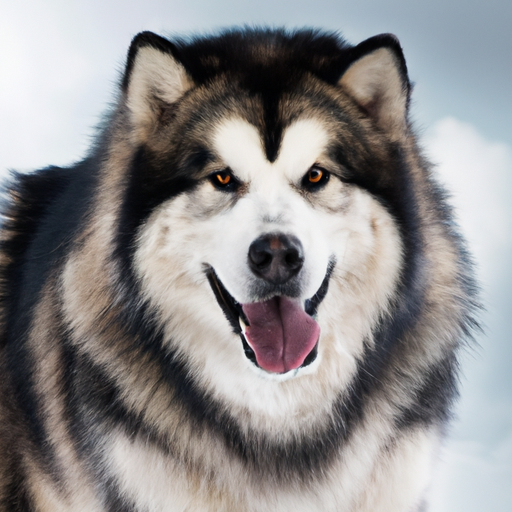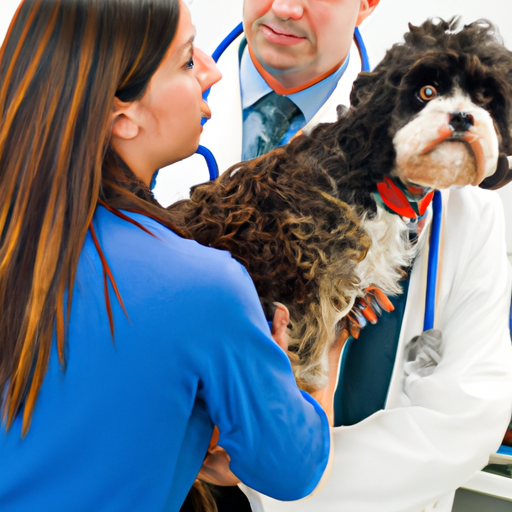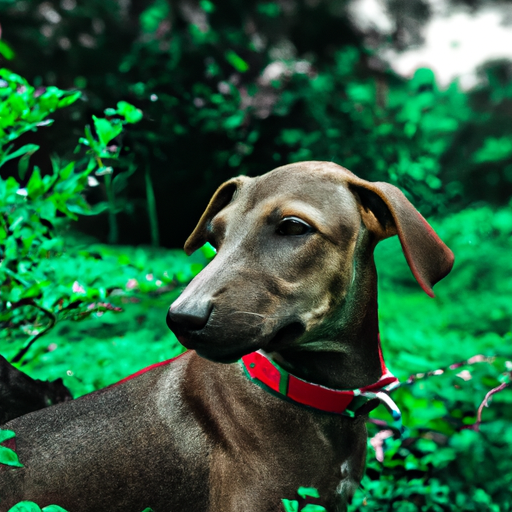Why Do Dogs Eat Grass?
Why Do Dogs Eat Grass? A Closer Look at This Common Canine Behavior
Dogs are known for their curious nature and sometimes quirky behaviors. One such behavior that often leaves dog owners puzzled is their furry companion’s inclination towards eating grass. While it may seem strange, it’s a common practice among dogs. This article explores the various theories and real-world observations concerning why dogs eat grass. For a deeper understanding, feel free to explore our detailed article on this topic.
Key Takeaways:
- Various theories explain why dogs eat grass, including nutritional needs, digestive relief, and instinctive behavior.
- Although it may seem unusual, grass-eating is a common behavior among dogs.
- Observing your dog and consulting with a veterinarian can ensure your pet’s health and well-being.
Understanding the Canine Diet
Dogs, like humans, have a varied dietary palette that encompasses more than just meat. They are omnivorous creatures, capable of digesting both animal and plant-based food. Understanding their dietary needs is essential to providing proper nutrition and ensuring a healthy, active lifestyle for your pet.
Nutritional Benefits of Grass
Grass is not just a green carpet that adorns our landscapes; it’s a source of nutrition, too. While it may not provide a complete nutritional profile, grass contains some essential nutrients that can be beneficial for dogs. Learn more about canine dietary habits to better cater to your dog’s nutritional needs. It’s rich in fiber, which aids in digestion and promotes bowel movement.
List of Nutrients Found in Grass:
- Fiber
- Vitamin A
- Vitamin C
- Vitamin K
- Phytonutrients
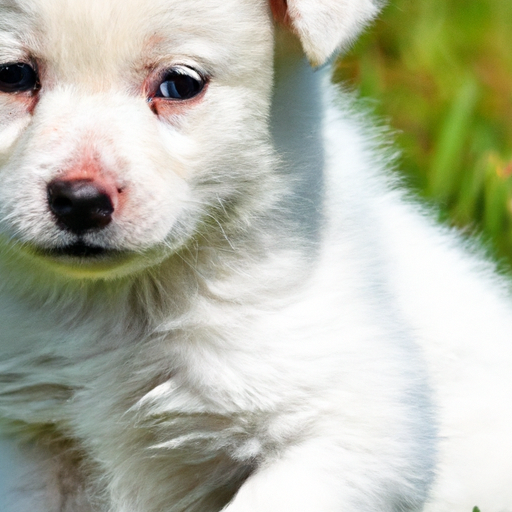
Major Theories Behind Grass Eating
The habit of dogs munching on grass has sparked numerous theories among veterinarians, researchers, and pet owners alike. Let’s delve into some of the prevalent theories that attempt to explain this common canine behavior.
Nutritional Deficiency Theory
One of the widespread beliefs is that dogs resort to eating grass due to a lack of certain nutrients in their regular diet, particularly fiber. This theory aligns with the idea that dogs, being opportunistic eaters, might seek alternative sources to fulfill their nutritional needs. For more insights, check our guide on What Can Dogs Eat?
Theory Aspect Explanation Nutritional Need Fiber Behavior Trigger Aiding digestion and promoting bowel movements Owner Action Ensure a balanced diet rich in necessary nutrients
Digestive Relief Theory
Some experts propose that dogs might consume grass to alleviate gastrointestinal discomfort. The texture of grass may help induce vomiting, providing relief from an upset stomach or helping to expel harmful substances.
Theory Aspect Explanation Behavior Trigger Alleviating gastric discomfort Owner Action Monitor grass-eating behavior and consult a veterinarian if it becomes frequent
Instinctive Behavior Theory
Delving into the evolutionary roots, some theories suggest that eating grass is an instinctive behavior inherited from dogs’ wild ancestors. The idea is that wild canines consumed plant matter found in the intestines of their prey, and this behavior has been passed down through generations.
Theory Aspect Explanation Historical Basis Mimicking wild ancestors’ behavior Behavior Trigger Instinctive inclination towards plant matter Owner Action Understanding and acceptance of this natural behavior
Natural Purging Theory
Another hypothesis posits that dogs eat grass as a natural purgative to help clear out intestinal parasites or indigestible materials in their digestive system. This theory, while less substantiated, offers an alternative perspective on why dogs might be inclined towards grass eating.
Theory Aspect Explanation Behavior Trigger Eliminating intestinal parasites or indigestibles Owner Action Regular veterinary check-ups to ensure digestive health

Examining Real-World Scenarios
Theory and speculation provide insight, but examining real-world scenarios and evidence can offer a more grounded understanding of why dogs eat grass. Here are some practical examinations and observations regarding this common canine behavior:
Survey on Grass Eating Behavior
Various surveys and studies have been conducted to understand the grass eating behavior among dogs. Analyzing the data from these studies can provide insights into how common this behavior is and under what circumstances it occurs most frequently.
Vet Insights
Veterinary professionals have a front-row seat to the diverse behaviors of dogs, including grass eating. Their insights, based on medical examinations and interactions with numerous dogs, provide valuable information on whether this behavior should be a cause for concern.
Personal Observations
Sharing personal observations or experiences from dog owners can also shed light on the grass eating behavior. These firsthand accounts provide a personal touch, bringing the theories and veterinary insights closer to home.
Dealing with Grass Eating Behavior
Dog owners may feel uneasy or concerned about their dogs eating grass. Here are some practical tips and advice on how to manage or respond to this behavior to ensure the well-being of your furry companion:
Monitoring Grass Eating Behavior
Keeping a close eye on your dog’s grass eating habits can provide valuable insights. Observing the frequency, amount, and any particular times or situations when your dog tends to eat grass can be informative.
Action Purpose Observation Understanding the extent of grass eating behavior Behavioral Patterns Identifying triggers or patterns Health Monitoring Detecting any adverse health effects
Consulting with a Veterinarian
Regular veterinary check-ups are essential to ensure your dog’s overall health. Discussing the grass eating behavior with your vet can provide professional insights and advice on whether any dietary adjustments are needed.
Providing a Balanced Diet
Ensuring your dog has a balanced diet rich in essential nutrients can minimize the likelihood of grass eating due to nutritional deficiencies. Including dog-friendly vegetables and other sources of fiber in your dog’s diet can be beneficial.
Creating a Safe Environment
Creating a safe and stimulating environment for your dog can also deter them from eating grass. Ensure the grass and plants in your yard are safe for your dog and free from pesticides or harmful chemicals.
Conclusion
The enigma of why dogs eat grass has intrigued dog owners and professionals alike for years. Various theories ranging from nutritional deficiencies to instinctive behavior have been proposed to explain this common canine curiosity. While grass eating is a natural and common behavior among dogs, understanding the underlying reasons and monitoring the frequency and amount can be beneficial to ensure the health and well-being of your furry friend.
Observing your dog, providing a balanced diet, and consulting with a veterinarian are proactive steps you can take to ensure your pet’s health and happiness.. For a comprehensive guide on caring for your dog, refer to our Comprehensive Dog Care Guide for a Healthy and Happy Pet. Each dog is unique, and what works for one dog may not work for another. Therefore, it’s essential to observe, understand, and cater to your dog’s individual needs, ensuring a nurturing environment for them to thrive.
This article provides a comprehensive outlook on the various theories and real-world observations concerning why dogs eat grass, along with actionable advice for dog owners. It’s a blend of theoretical understanding and practical advice aimed at nurturing a healthy and happy canine companion.
External Resources:

